US confirms mustard attack
US military chief: 'Concerning' mustard attack on US base
Story highlights
- The military assesses the weapon to be a "sulfur mustard blister agent"
- Dunford said the Russians "are responsible" for attack on Syria UN aid convoy
Washington (CNN)The
military assesses that the shell fired on a joint US-Iraqi base Tuesday
was indeed a chemical weapon, according to Chairman of the Joint Chiefs
of Staff Gen. Joseph Dunford.
"We
assess it to be a sulfur mustard blister agent," Dunford told the
Senate Armed Services Committee Thursday. It is the first time the
military has confirmed its assessment on the record since CNN reported
the development Wednesday.
A
US military official told CNN, however, that the first field test for
chemical agent was positive and the second test was negative. The
substance was sent to a coalition-operated Iraq-based lab, and tests
there were inconclusive. The official said the sample will now be sent
to another lab for additional testing.
Dunford
described ISIS as only having a "rudimentary" capability to deliver the
chemical, saying the weapon "wasn't particularly effective, but it is a
concerning development."
The
general went on to say that the US-led counter-ISIS coalition has
conducted "over 30" airstrikes against suspected ISIS chemical weapons
facilities during the past year.
Committee
Chairman John McCain said that the situation was "concerning,
particularly on those people who don't have protective equipment." The
Arizona Republican was referring to civilians and other local forces
that have been subjected to ISIS chemical attacks in the past.
The
more than three-hour-long testimony also featured a few heated
exchanges between members of the committee and witnesses Dunford and
Defense Secretary Ash Carter over the defense budget and whether a
no-fly zone could be implemented in Syria.
Dunford
acknowledged that the administration is "in deliberation" about the
prospect of arming Kurdish forces in Syria, saying that doing so would
"increase the prospects of our success in Raqqa."
He noted, though, that US ally Turkey's opposition to American support for the Kurds makes the situation "difficult."
Dunford had harsh words for Russia, calling it "potentially the most significant threat to our national interests."
"A
combination of their behavior as well as their military capability ...
would cause me to believe that they pose the most significant challenge
potentially, the most significant threat to our national interests," he
said, referring to their incursions in Georgia and Ukraine.
He
also said Russia was responsible for the recent airstrike that targeted
a UN aid convoy in Syria while noting that both Syrian and Russian
aircraft had been in the vicinity of the area at the time of the attack.
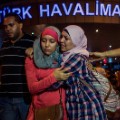
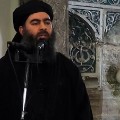
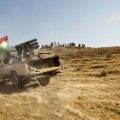

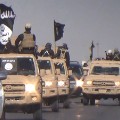
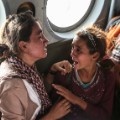
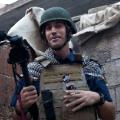
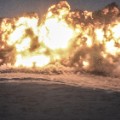
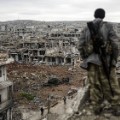
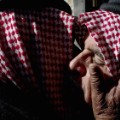
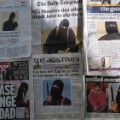
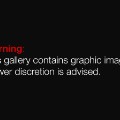
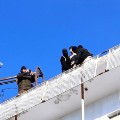
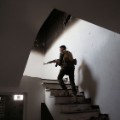
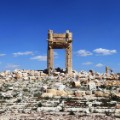
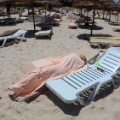
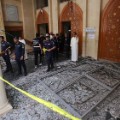
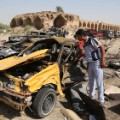
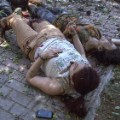

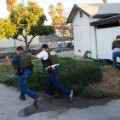
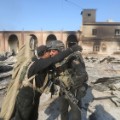

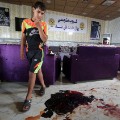
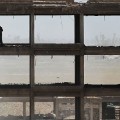
"It
was either the Russians or the regime," Dunford said, adding, "There's
no doubt in my mind that the Russians are responsible. I just don't know
whose aircraft actually dropped the bombs."
Carter
concurred, saying, "The Russians are responsible for this strike
whether they conducted it or not" due to their association with the
Syrian regime.
Their comments come
as the prospects of the US-Russia negotiated ceasefire in Syria, which
would include Russian-American military cooperation in fighting the
terror groups ISIS and al Nusra, appears poised to collapse.
McCain slammed the accord, calling it "deeply problematic even if implemented."
He
also took a swipe at top US diplomat John Kerry, saying, "President
(Barack) Obama sent his intrepid but delusional secretary of state to
tilt yet again at the windmill of cooperating with Vladimir Putin."










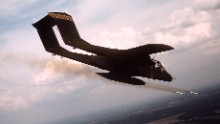

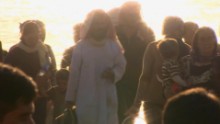

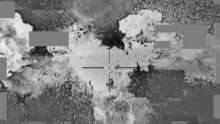

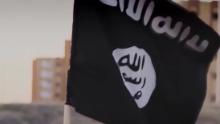












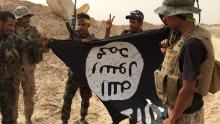
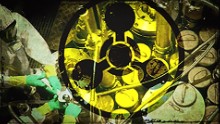
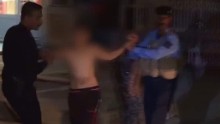
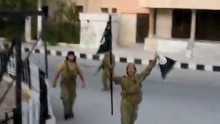




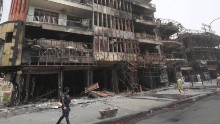

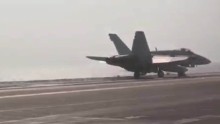





























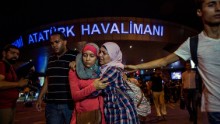










No comments:
Post a Comment